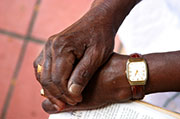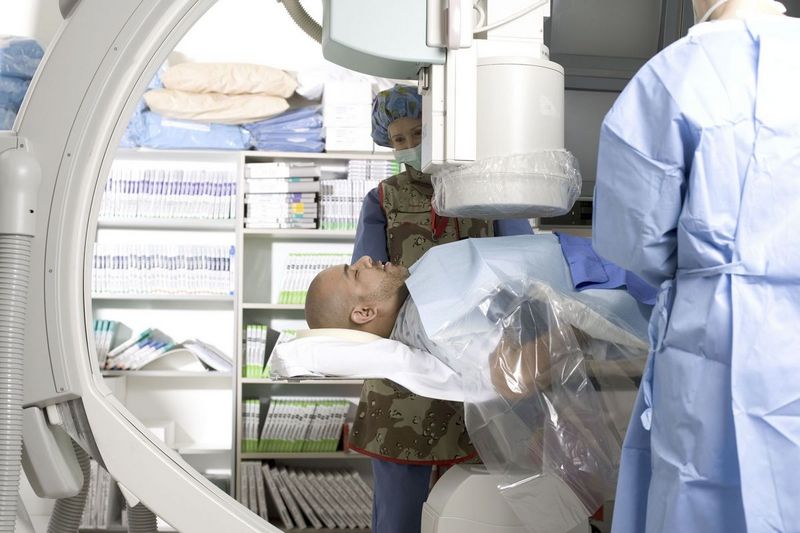
MONDAY, Aug. 11, 2014 (HealthDay News) — Colon cancer screening rates for black patients in a Veterans Affairs health care system in California are much lower compared to other races, even though all patients have similar access to care, according to a new study.
The study also found that having a primary care health provider greatly increased the likelihood that patients would be screened for colon cancer.
“Notably, individuals with a primary care visit within two years of CRC [colorectal cancer] screening eligibility were nearly four times more likely to have had at least one CRC screening test,” lead author Dr. Fola May, of the VA Greater Los Angeles Healthcare System, said in a news release from the American Society for Gastrointestinal Endoscopy.
May and her colleagues looked at more than 350 people who used the Veterans Affairs (VA) Greater Los Angeles Healthcare System. That particular VA Healthcare system includes a dozen sites in Southern California. All of those included in the study were eligible for colon cancer screening based on age — over 45 for blacks and over 50 for non-blacks.
The overall rate of colon cancer screening using any method was 50 percent, but the rate among blacks was 42 percent compared with 58 percent for non-blacks. The use of colonoscopy screening was also lower among blacks, 11 percent versus 23 percent.
Other factors associated with lower colon cancer screening rates included: homelessness, taking more prescription drugs, and not seeing a primary care provider within two years of screening eligibility, according to the study.
Results of the study are in the August issue of the journal GIE: Gastrointestinal Endoscopy.
The findings show the need to boost efforts to eliminate barriers to colon cancer screening among blacks, the researchers said.
Colon cancer is the second leading cause of cancer-related deaths in the United States. Blacks have the highest incidence of colon cancer and are most likely to die from the disease.
More information
The U.S. National Cancer Institute has more about colorectal cancer screening.
Copyright © 2026 HealthDay. All rights reserved.

